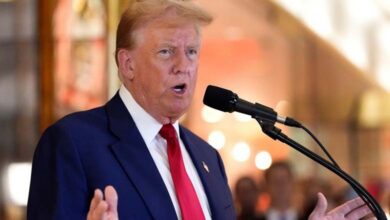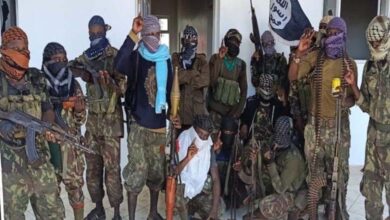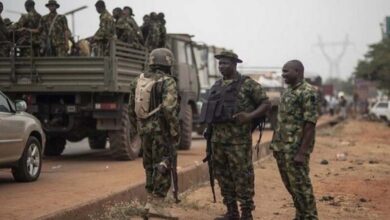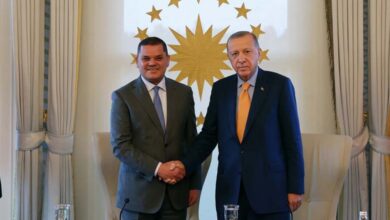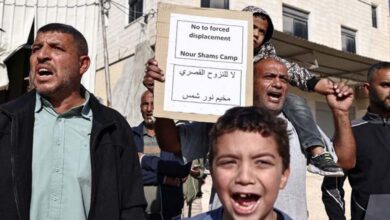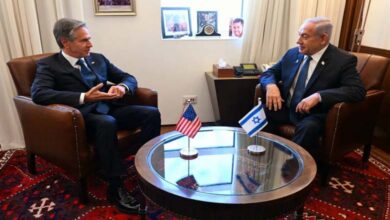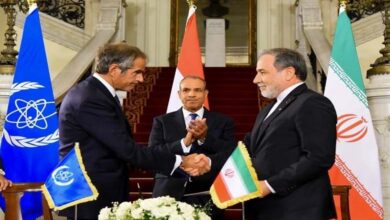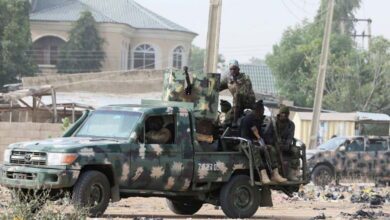A Fortified Conference in Belgium: Calls for Action Against the Muslim Brotherhood’s Threat Beyond Symbolism
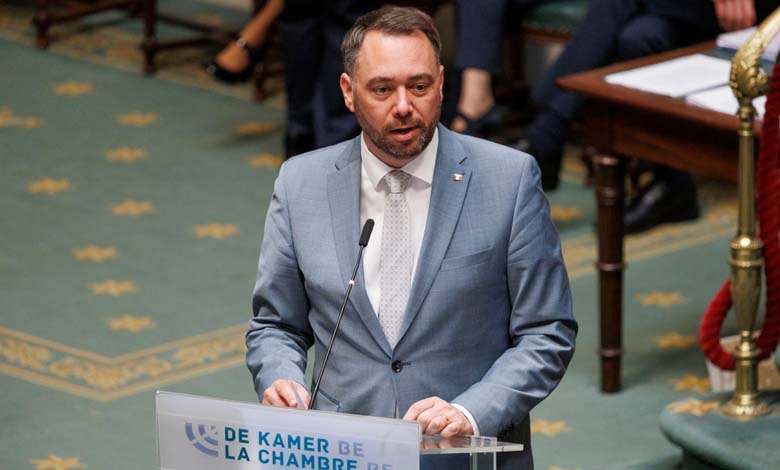
A conference on political Islam in Belgium turned into a veritable security stronghold, reflecting the scale of concerns over the growing influence of the Muslim Brotherhood and the threat the group represents.
-
Funding of Extremist Associations Shakes Belgium: Is the Country Moving Toward Banning Muslim Brotherhood Branches?
-
European awakening on the Muslim Brotherhood issue: seven countries on the path to counteraction
The surroundings of the congress, organized by the Reformist Movement (MR) in Anderlecht, looked like a fortified citadel. Police had imposed a heavy security perimeter, a clear sign that simply holding a debate on radical Islamism is now enough to trigger real threats.
Under the title “An Evening Full of Lessons on the Muslim Brotherhood”, the Belgian website 21 News.be reported that while the September 17 debate was cordial, it was far from ordinary. The event sought to address a pressing question: how can the influence of the Muslim Brotherhood be curbed in Belgium and beyond?
-
The Growing Influence of the Muslim Brotherhood in Britain: Urgent Warning and a Recovery Prescription
-
The Telegraph Exposes the Muslim Brotherhood’s Game in Britain: Moderation in Public, Radicalism in Private
The outlet emphasized the striking contrast between the warmth of the audience and the overwhelming police presence, likening it more to a scene from a dystopian American film than a local political gathering.
It added: “This is evidence that addressing the issue of radical political Islam immediately exposes one to genuine threats.”
Security Measures
Despite the friendly atmosphere inside, the conference highlighted the depth of risks posed by political Islam. Outside, heavy security was in place: local police, private guards, and specialized units ensured the protection of the speakers, notably journalist Mohamed Sifaoui and researcher Florence Bergeaud-Blackler, both of whom have been living under close protection for years due to ongoing threats.
-
Warnings Over Soft Muslim Brotherhood Infiltration in the UK and Attempts to Monopolize the Arab Voice
-
Switzerland Faces Growing Pressure to Confront the Muslim Brotherhood
The conference was structured in two parts: a debate featuring Mohamed Sifaoui, constitutional law professor Marc Uyttendaele, and politician Georges-Louis Bouchez, followed by an in-depth presentation from Florence Bergeaud-Blackler, one of the leading experts on political Islam.
Marc Uyttendaele, professor of law at the Université Libre de Bruxelles, spoke candidly about “the left’s inability” to confront political Islam. He argued that defending secularism is now wrongly portrayed as a far-right stance. He also reignited sensitive debates such as the wearing of the hijab within state institutions, which he views as a violation of neutrality, akin to wearing partisan or trade union attire.
-
The Muslim Brotherhood in French Sports: Quiet Infiltration and Hidden Influence
-
The Brotherhood worked to establish its schools in Europe to expand its ideas
For his part, Mohamed Sifaoui drew on his experience combating terrorism in Algeria to issue a stark warning: Brussels, he said, is like “a frog slowly boiled alive in a pot, realizing the danger only when it’s too late.”
He cautioned: “Islamist influence is steadily embedding itself in Europe in a gradual but dangerous manner.”
-
The Emergence of Women’s Role in European Muslim Brotherhood Networks, Especially in Britain
-
Sarah Leah Whitson, a human rights activist supporting extremist elements
A Strong Response
Belgian magazine La Libre quoted one of the event’s organizers as saying that “giving in to pressure from the Muslim Brotherhood by changing the venue will not weaken our mission to fight the group in Belgium.” He explained that the last-minute move was the result of mounting pressure to cancel the event.
In a statement, the organizers declared: “In the face of persistent efforts to cancel the conference, we decided to expand it. We moved it to a larger venue and added two prominent speakers.”
-
In detail – How does Europe defeat the Brotherhood’ plans to spread extremism?
-
Strong Parliamentary Action against Brotherhood Arm in Austria
Belgian outlet dhnet.be confirmed that the unexpected choice of a large hall in Anderlecht, instead of the smaller location initially planned, carried significant meaning. According to the organizers, the decision was a deliberate response to intense pressure: to broaden the conference, give it more weight, and bring in influential participants.
According to the same report, participants and observers stressed that countering the Brotherhood’s influence in Belgium and Europe requires practical measures and clear legislation, underscoring that symbolic seminars or political slogans are no longer sufficient.


